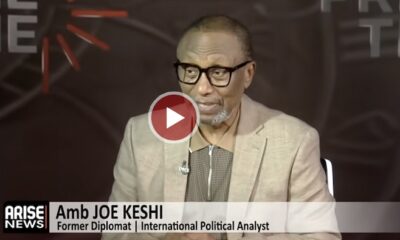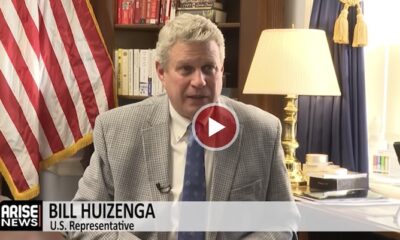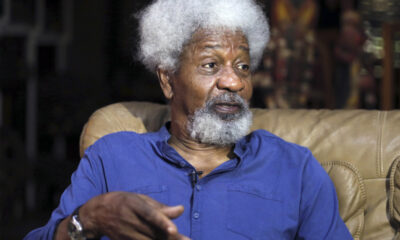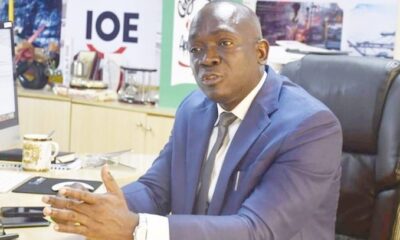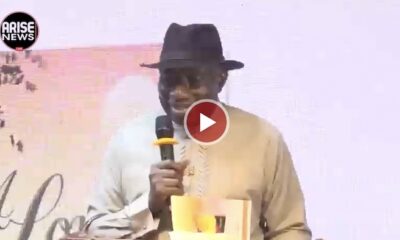Business
Investing in Girls’ Education Could Boost Nigeria’s Economy by $100 Billion
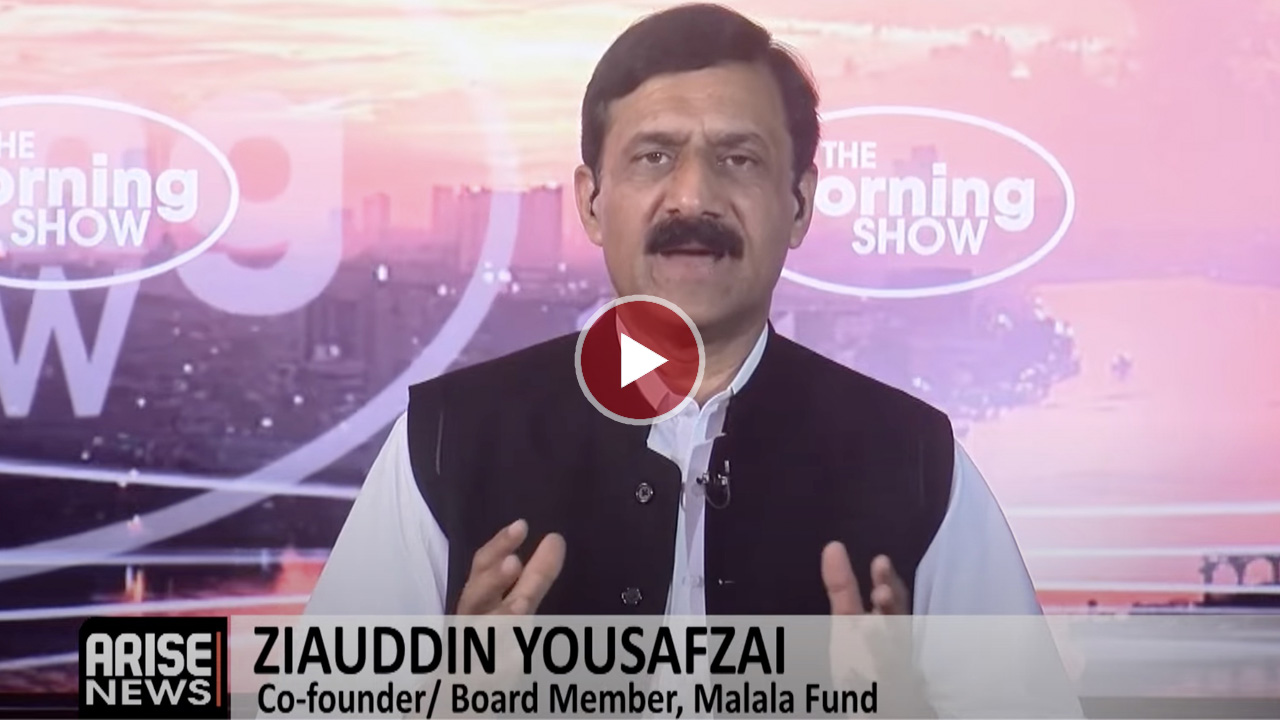
Ziauddin Yousafzai, co-founder of the Malala Fund, has called on Nigerian leaders, including fathers and religious authorities, to prioritize girls’ education. He emphasized that enhancing educational opportunities for girls in Nigeria could contribute an estimated $100 billion to the nation’s economy annually. Yousafzai made these remarks during an interview with ARISE NEWS on Saturday, highlighting the pivotal role education plays in driving both economic and social advancement.
During the discussion, Yousafzai stressed the necessity for parental involvement, particularly from fathers. He noted that a girl’s first significant interaction with a man typically occurs with her father, making that relationship crucial for her self-belief. “My first message to every father, and especially to all Nigerian fathers, is don’t clip the wings of your daughters. Be their support, and support them,” he stated. He advocated for creating an environment conducive to learning and personal growth, asserting that when fathers believe in their daughters’ potential, it fosters confidence that can withstand external challenges.
Yousafzai urged collective action, calling for a united front among fathers, religious leaders, and government officials to enhance educational support for girls. “If we invest in girls’ education, it not only changes their lives and their family and community lives, it changes everyone’s life,” he said. He pointed out that investing in education is essential for the nation’s prosperity, stating, “If we want to see this country rich, we must invest in education.”
The Malala Fund, which works globally to improve access to education for girls, was also highlighted as a vital partner in this initiative. Yousafzai encouraged Nigerians to support the organization, mentioning that strengthening public-private partnerships through such efforts could lead to significant, lasting change in the educational landscape.
“Fathers, religious leaders, government authorities, we all have to come together to support girls’ education,” he reiterated. Emphasizing the transformative power of educating girls, he stated, “When we change the world for girls, the girls change our world.”
Yousafzai acknowledged potential challenges but remained optimistic about the impact of collective efforts in reshaping the future for Nigerian girls. He concluded with a powerful message: “There may be some difficulties, challenges, but we must strive to overcome them for the benefit of our daughters and our nation.”
-

 Entertainment3 months ago
Entertainment3 months agoAnn Ming Reflects on ITV’s ‘I Fought the Law’ Drama
-

 Entertainment4 months ago
Entertainment4 months agoKate Garraway Sells £2 Million Home Amid Financial Struggles
-

 Health3 months ago
Health3 months agoKatie Price Faces New Health Concerns After Cancer Symptoms Resurface
-

 Entertainment3 months ago
Entertainment3 months agoCoronation Street’s Carl Webster Faces Trouble with New Affairs
-

 Entertainment3 months ago
Entertainment3 months agoWhere is Tinder Swindler Simon Leviev? Latest Updates Revealed
-

 Entertainment4 months ago
Entertainment4 months agoMarkiplier Addresses AI Controversy During Livestream Response
-

 Science1 month ago
Science1 month agoBrian Cox Addresses Claims of Alien Probe in 3I/ATLAS Discovery
-

 Entertainment4 months ago
Entertainment4 months agoKim Cattrall Posts Cryptic Message After HBO’s Sequel Cancellation
-

 Entertainment2 months ago
Entertainment2 months agoOlivia Attwood Opens Up About Fallout with Former Best Friend
-

 Entertainment3 months ago
Entertainment3 months agoMasterChef Faces Turmoil as Tom Kerridge Withdraws from Hosting Role
-

 Entertainment4 months ago
Entertainment4 months agoSpeculation Surrounds Home and Away as Cast Departures Mount
-

 World2 months ago
World2 months agoCole Palmer’s Mysterious Message to Kobbie Mainoo Sparks Speculation



